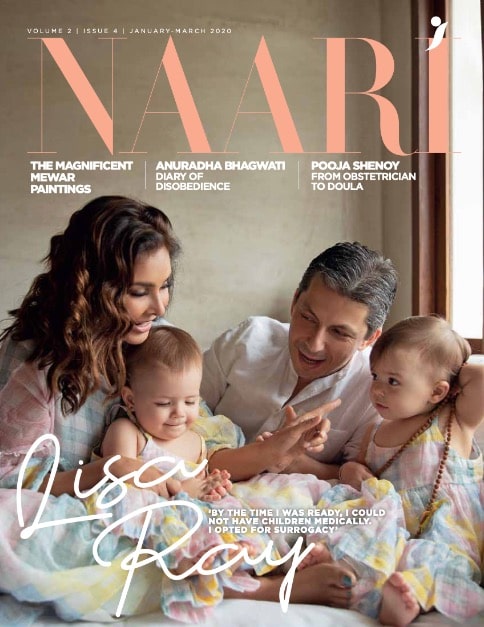This month marks the end of my fifth year and heralds the sixth in India. The journey has been remarkable and exciting. It has offered me to fulfil a void in my life that I had not felt since my trip to India. I must admit there have been moments when I needed to pack up and leave. But, deep down, I knew that the commitment would translate into a change, and I saw some reaps. Fernandez midwives are rare and unique. Yet, they have understood the philosophy of women and family-centred care. The birth support during Covid humbled me into tears when I saw how resilient they were in supporting women with their choice of births. Consultant colleagues choosing to have midwifery-led care and their water births.
This trust is the change we must develop in the rest of the country. Women are asking for midwives, and their voices are loud. Midwifery care should translate to women from all walks of life and impact their experiences in a positive one. Midwives have learned to follow cues from women and support births without vaginal examinations, which is supportive for women with vaginismus. Unfortunately, we do not have enough midwives, yet they have impacted births by reducing episiotomy rates and supporting VBACs.
The need to support midwives
The impact of leadership and potential within the country is vast. In 2022, Fernandez Foundation had 1998 midwife-led births. Midwives are devoted to protecting the reproductive rights of women, which affects the mother and her baby profoundly. Among several rights, a woman has a right to choose her birthing position and receive dignified, respectful care. In the previous year, 1734 mothers birthed in upright positions. The number of births in the left lateral position stood at 181, the sitting position at 34, and all four positions at 36.
However, according to WHO, India stands at 1.7 nurses per 1000 population as opposed to the WHO standard of 3 nurses per 1000. It becomes crucial to support learners in their respective states to continue practicing midwifery. Their learning environment needs to be protected. They need protected time to learn and have days off for their well-being. They must continue learning instead of working as a staff nurse or getting into the services. Moreover, they also need remuneration and pay for their work, as they have families, and many are the primary wage earners.
The ratio of women being mistreated and abused in public institutions is high. Being female homosapiens and educators witnessing disrespect and abuse is a challenge. In 2014, the WHO declared Disrespectful Maternity Care as an emerging public health problem. A systematic review in India showed that the lack of respect and dignity in health facilities stands at 71.31%.
However, midwives are setting examples through respectful and women-centric care. They continue to support individualised birth and impact and change maternal health in India. They respect the natural labour and birth process and work towards avoiding unnecessary medical interventions.
Strengthening midwifery in India
On the other hand, doctors in India had their training to see childbirth as a medical complexity and a ‘risk’ event. Whereas childbirth should be made a mother-led joyous journey. And the midwives are committed to offering the best standards of maternal care. The country is making strides toward this movement. The government of India is also getting committed to strengthening midwifery training. Most of the international midwifery educators in India have had the experience of being a midwife first and later being involved in teaching and training. It becomes challenging to be a midwife and an educator simultaneously.
The training within the National Midwifery Training Institutes in India will influence and impact midwifery in India. Fernandez Foundation has always believed in providing the best clinical training to nurses to become professional midwives. And therefore, it trains midwives and builds up a cohort of midwifery educators.
Fernandez Midwifery Programmes
Fernandez Foundation provides the Nurse Practitioner Midwifery Educator Training Programme and Nurse Practitioner in Midwifery Programme to improve the quality and outcomes of maternity care using resources carefully. They are also trained to practice and teach women-centred care. I believe trained educators must be placed in positions to continue the midwifery training rather than be transferred back to nursing colleges without continuing their clinical roles. Our batch of trainees received extensive training for 18 months, and now they have been moved back to their sites to continue learning and training. Let us listen to women and their bodies and help them to birth in positions of their choice. The training sites have seen a reduction in routine episiotomy rates and an increase in normal childbirth. It also resulted in reduced neonatal admissions.
To my international midwifery colleagues in India and Fernandez, thank you for each one of you making an impact and a change in maternal health in India.
#FernandezFoundation #Fernandez Midwives #MidwiferyEducators #BuiltForBirthing #Care #Compassion #Positivebirthing #EvidenceBasedMidwifery #RespectfulCare










